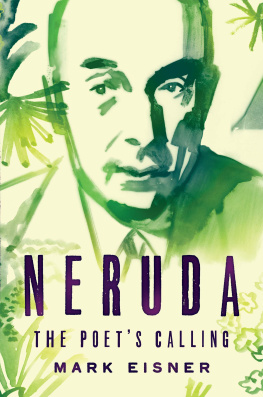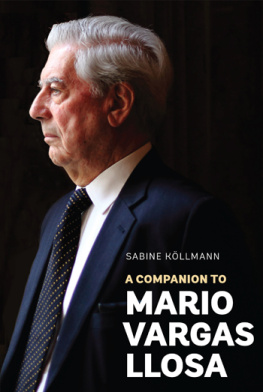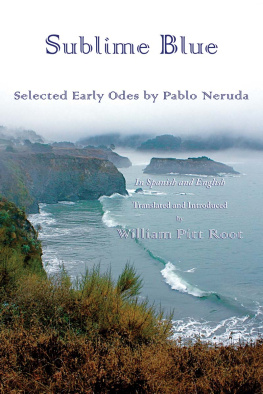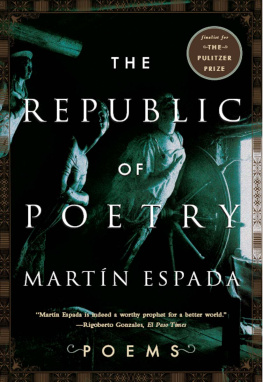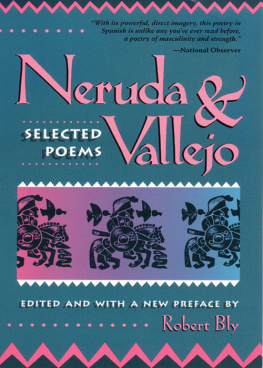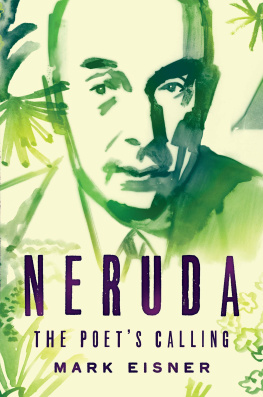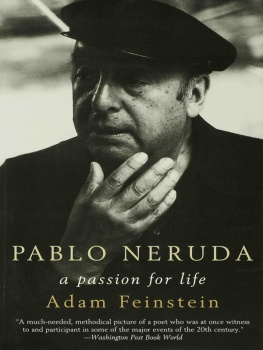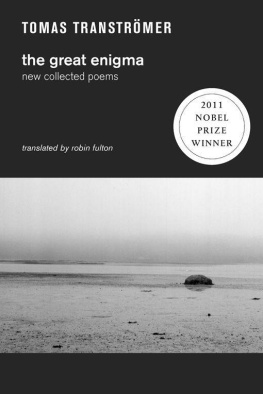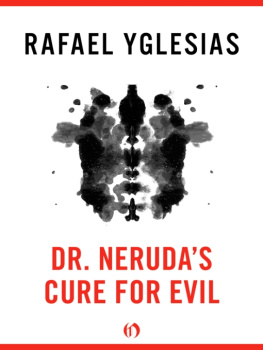Contents
Contents
Guide
In the first chapters a difficulty presents itself whether to use Pablo Neruda, the pen name he assumed at age sixteen, or Neftal, from his given name, Ricardo Eliecer Neftal Reyes Basoalto. When events jump ahead of those first sixteen years, I refer to him as Pablo Neruda. When writing about him during the time before he changed his name, I use Neftal or some combination of his original first, middle, and last names.
All translations of the poems in this book are mine unless otherwise indicated, most often in the endnotes. I also translated most of the source material. I take responsibility for any inadequacies or errors in these translations. It should be noted that strict literal fidelity to the original, especially with the poetry, wasnt always maintained. Modest, appropriate liberties were sometimes taken in order to best convey the true intents and richness of the original.
Megan Coxe and Jessica Powell provided invaluable help. Those passages and poems fully translated by them are cited with their names; these were graciously crafted for this book and thus are previously unpublished.
If you ask me what my poetry is, Id have to say: I dont know. But if you ask my poetry, shell tell you who I am.
P ABLO N ERUDA , 1943
The word
was born in the blood,
grew in the dark body, beating,
and flew through the lips and the mouth.
The Word
A t the break of dawn on September 11, 1973, generals of the Chilean armed forces launched a coup dtat against the democratically elected government of President Salvador Allende, a Marxist-Socialist. The air force bombed the presidential palace; soldiers swarmed the grounds. Allende shot himself rather than face capture.
Twelve days later, Pablo Neruda, central figure of the Chilean Left and beloved poet, died in a Santiago hospital. He had been gravely ill with metastatic prostate cancer. Many say he died of a broken heart as well, as terror swept across his beloved country, as his friends were tortured, as all the social progress they had struggled for was quickly destroyed. While he lay in the hospital, the military ransacked his home.
Nerudas funeral became the first public act of resistance against the military dictatorship of Augusto Pinochet. As thousands of Chileans were being arrested by the regime and many more were beaten or disappeared, Nerudas friends and fans, his peoplethose who had not already been forced into hidingmarched through the streets of Santiago with his coffin, crying out his name. Throughout his life, Neruda had fought for peace and justice for his people both on the page and off. Now that the military had stripped them of their liberties, he spoke for themeven in deathonce more.
His close friends and foreign ambassadors escorted Nerudas coffin from his poetically distinctive home to the cemetery. Word spread like wildfire through Santiago that morning, about the growing crowds joining Nerudas funeral procession. Hundreds came outdespite the soldiers who lined the streets armed with automatic riflesto invoke him as a champion of courage and truth, and to give voice to their pain over what had happened in the thirteen days since the coup. The marchers mourned the death of their poet, they mourned the death and disappearance of friends and family members, and they mourned the death of their democracy.
Neruda had become a symbol. Throughout his life, he had actively positioned himself to play this role. From his arrival in Santiago in 1921 as a shy, young anarchist, through his sudden designation by the student movement as the voice of his generation, through Allendes election and Chiles turbulent transition to socialism, Neruda had fulfilled his own sense of the poets calling. This sense encompassed the poets duty, a social obligation, a vocation and impulse. In turn, many working people and progressive activistsnot just in Chile, not just in Latin America, but all over the worldhad adopted him as their hero, claimed him as their own. He was the quintessential peoples poet.
From all walks of life, from all corners of the sprawling city of Santiago, citizens joined the long procession. They marched with their grief and sang their way through the streets, in resistance, fists raised in solidarity. With their sadness came a unifying strength. The soldiers may have held their guns as if they were ready, but they could only watch. Pinochet didnt dare do anything, because this was Pablo Neruda, and international news cameras were capturing the streets. The world was watching.
The mourners walked beside the hearse and lined the narrow streets. The flower-covered casket rode atop the vehicle rather than within it, so that his pueblo could see the Poet one last time. Solemnly, defiantly, they sang the Socialist anthem, The Internationale, fists in the air: Arise, ye prisoners of starvation! Arise, ye wretched of the earth! For justice thunders condemnation: A better worlds in birth!
Over the grief came the chants: He isnt dead, he isnt dead! He has only fallen asleep, just like the flowers sleep when the sun has set. He isnt dead, he isnt dead! He has only fallen asleep!
When the procession reached Santiagos main cemetery, the coffin was carried to the grave, draped in the red, white, and blue of the Chilean flag. With her hand like a megaphone up to her mouth, a woman unflinchingly yelled, Jota! Jota! Juventudes Comunistas de Chile! Communist Youth of Chile! Then she yelled, Compaero Pablo Neruda!
The crowd answered, Presente! He is present!
Compaero Pablo Neruda!
* * *
In film footage of this historic moment, its intense emotion is crystallized in the image of a grief-stricken man with a timeworn face, carefully groomed hair, and missing teeth, whose eyes fill with tears as he struggles to choke out the word Presente! along with the crowd. This man embodies the love Chile had for Nerudanot just the literati or the militant Communists, but the everyman, the everywoman. Beyond the political, for many, this march was about Chiles soul, the hope and pride of the people, and Neruda was its catalyst.
* * *
This biography was born twenty-one years later in 1994, the year I turned twenty-one. Fascinated by Latin America, I studied abroad in Central America as part of my junior year at the University of Michigan, where I was majoring in political science and English literature.
I had been introduced to Neruda before my trip, and Id packed a bilingual edition of his selected poems that would accompany me on a spectacular set of voyages to come.
That year, I found myself doing fieldwork in the highlands of El Salvador, observing as the National Association of Agricultural Workers helped set up coffee cooperatives among the campesinos. This was following the first rounds of land reform, two years after peace accords had ended the countrys horrific civil war. Reading Nerudas poetry at night made the historythe human experience of itpalpably real to me. The depth and simplicity of Nerudas portrayal of humanity in the poems hit my soul.
A few years after I graduated, I headed south again, with the same weathered book in my tattered green pack. Eventually I reached Chile, that slender country sliding off toward Antarctica. Somehow I found myself working on a ranch in its Central Valley, nestled between the Andes and the sea. This was certainly part of Nerudas territory, his terroir: here grew the grapes that made his velvet red wine and the red poppies that flower in his verse.
The ranch was close to the Pacific coast, the source of so many of his metaphors. His fabled eccentric house at Isla Negra was not too far up the rocky shoreline. It spread out like a boat, for he was, as he liked to say, a sailor on land; this was the vessel from which he wrote most of his poetry in the second half of his life. Its walls, often curved, were covered in his endless collections, everything from ship figureheads to butterflies, all overlooking the beach.
Next page
